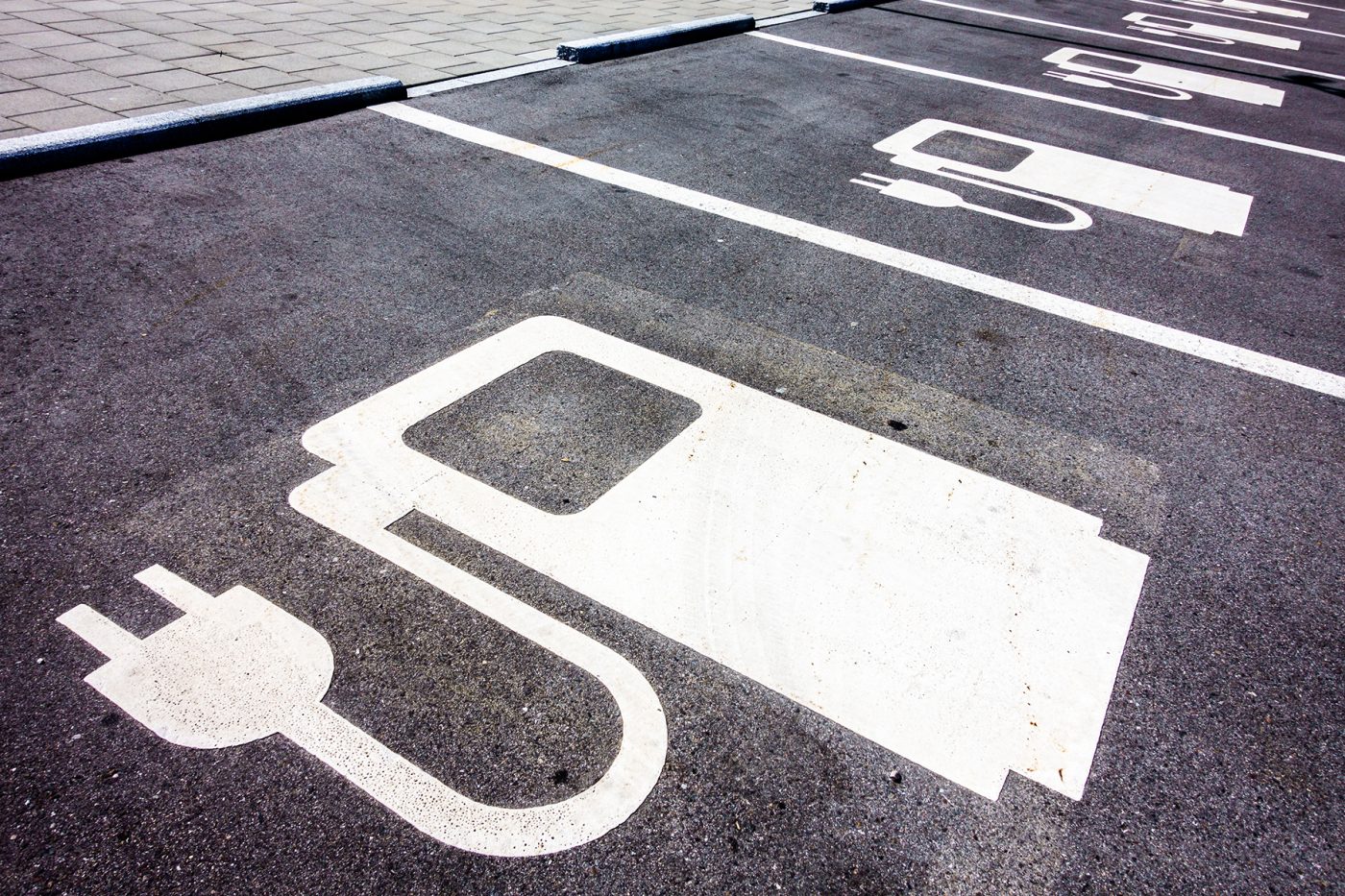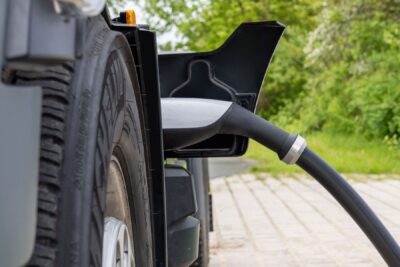International Energy Agency expects EV sales to remain stable in 2024
For further growth, the availability of public charging stations must keep up with the sale of electric vehicles, the IEA says in the report. The number of public charging points installed worldwide increased by 40 per cent in 2023 compared to 2022. To achieve electric vehicle growth in line with government commitments, charging networks must increase six-fold by 2035.
Despite the short-term challenges in some markets, almost one in three cars on the roads in China will be electric by 2030, and nearly one in five in the US and the European Union, based on the current political framework. In the “Global EV Outlook”, the IEA predicts that “if countries’ announced energy and climate pledges are met in full and on time, two in three cars sold would be electric by 2035”.
That will also have consequences for the industry and supply chains. The IEA assumes that the increasing demand for electric cars over the next decade will “reshape” the global automotive industry and – almost more importantly from the IEA’s point of view – “significantly reduce oil consumption for road transport“. There is talk of up to 12 million barrels of oil that could be saved per day. That is equivalent to the current road transport needs of China and Europe combined.
The IEA arrived at these figures because it not only monitors developments in large markets such as China, the US, and Europe for the “Global EV Outlook” but has also identified accelerated growth in “some emerging markets”. These include Vietnam and Thailand, where electric cars already account for 15 and 10 per cent of all new car sales, respectively.
“The continued momentum behind electric cars is clear in our data, although it is stronger in some markets than others,” said IEA Executive Director Fatih Birol. “Rather than tapering off, the global EV revolution appears to be gearing up for a new phase of growth. The wave of investment in battery manufacturing suggests the EV supply chain is advancing to meet automakers’ ambitious plans for expansion. As a result, the share of EVs on the roads is expected to continue to climb rapidly. Based on today’s policy settings alone, almost one in three cars on the roads in China by 2030 is set to be electric, and almost one in five in both the United States and the European Union. This shift will have major ramifications for both the auto industry and the energy sector.”
Overall, the situation is assessed rather positively, especially with regard to the industry. The report concludes that manufacturers “have taken major steps to deliver on the strengthening EV ambitions of governments, including by making significant financial commitments”. Thanks to major investments over the past five years, the global capacity to produce batteries for electric vehicles is well positioned to keep pace with demand when it rises sharply over the next decade. The report emphasises that the speed of the transition to electric cars may differ and depend on affordability.
iea.org, iea.blob.core.windows.net (report as PDF)





0 Comments